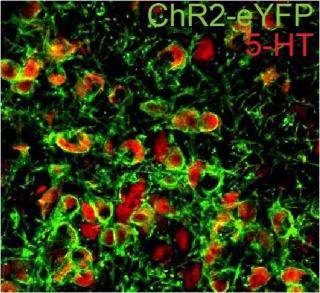Postdoctoral positions available. If you are interested in joining our laboratory, please contact catia.teixeira@nki.rfmh.org with a CV and a cover letter.
Early-life is a period of extreme plasticity in the brain. This is the time when external factors can shape the brain in order to better adapt to the environment. Consequently, this is also a vulnerable period for the neuronal/circuit-development given that environmental factors can derail the normal wiring of the brain leading to behavioral deficits.
We are currently using a combination of molecular, chemogenetic, optogenetic, and behavioral techniques to dissect how early-life events have life-long effects on behavior.
We explore a broad array of behaviors from exploration and cognition to motivation, attention, and impulsivity.
We aim to unveil the causal link between behavioral deficits or resilience with changes in gene expression and in functional circuits.

Current Investigations:
- One of the most important environmental factors influencing brain development, and later vulnerability to maladaptive behaviors, is maternal care. Recently we found that the mother’s presence or absence regulates the activity of the prefrontal cortex (PFC) in 11-day-old rat pups through the serotonergic system. We are now focused on how changes in serotonergic signaling in the PFC during development affect adaptive behavior in the adult.
- Serotonin and dopamine are two key regulators of mood, reward-seeking, and motivated behavior. Several environmental factors have been shown to alter serotonin levels during development and lead to behavioral deficits in the adult (e.g. exposure to SSRIs, early-life stress, and maternal inflammation). In this line of study, we explore how changes in serotonin levels during development affect the dopaminergic system because understanding changes in this neuronal circuit following developmental insults is key to preventing/treating behavioral deficits later in life.
The Teixeira lab focuses on how exposure to commonly prescribed anti-depressant medication (SSRIs) as well as stress during early-life affects the development of neuronal circuitries and adult behavior.


